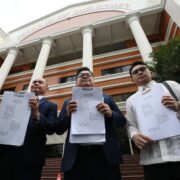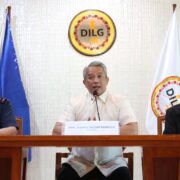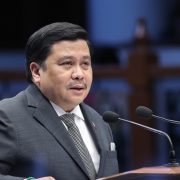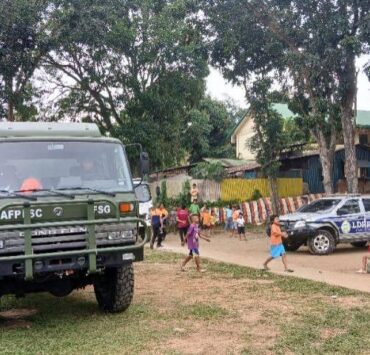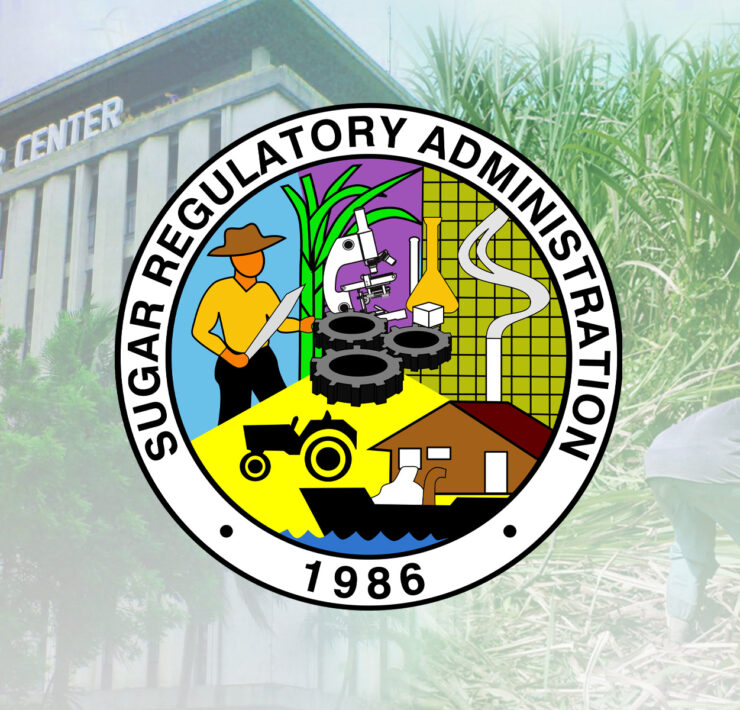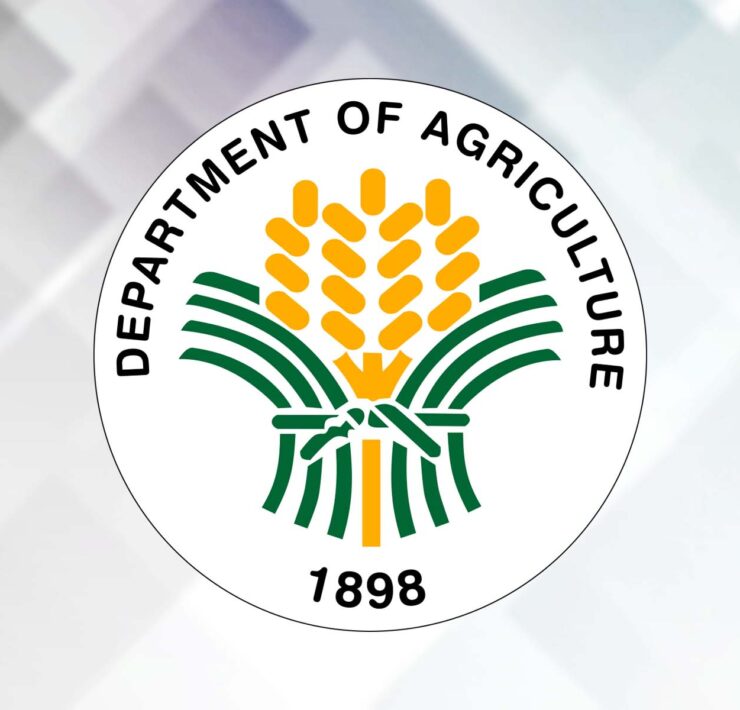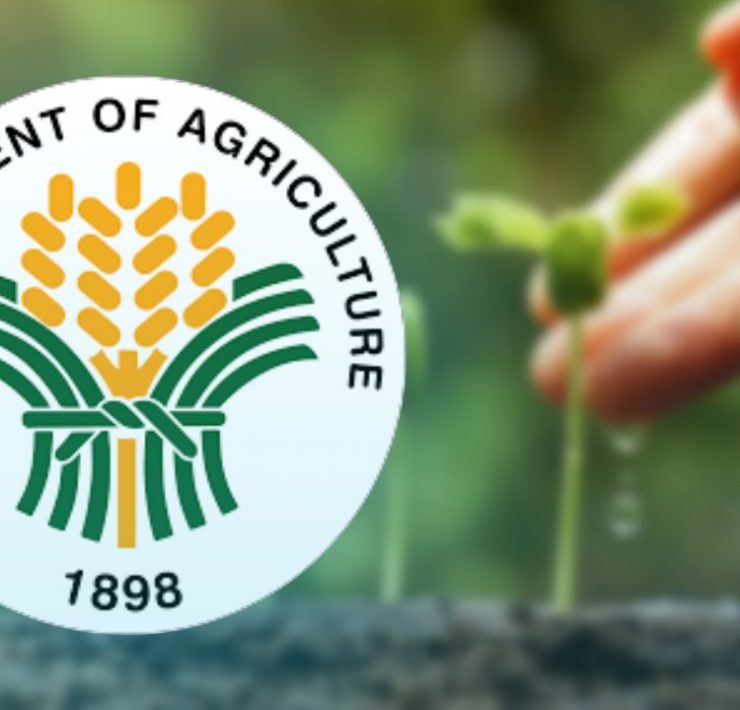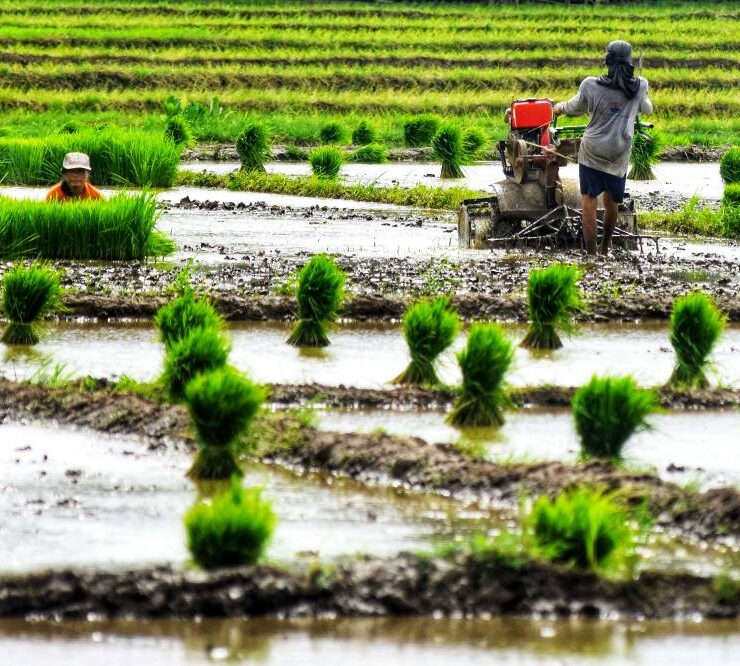How technology can benefit farmers
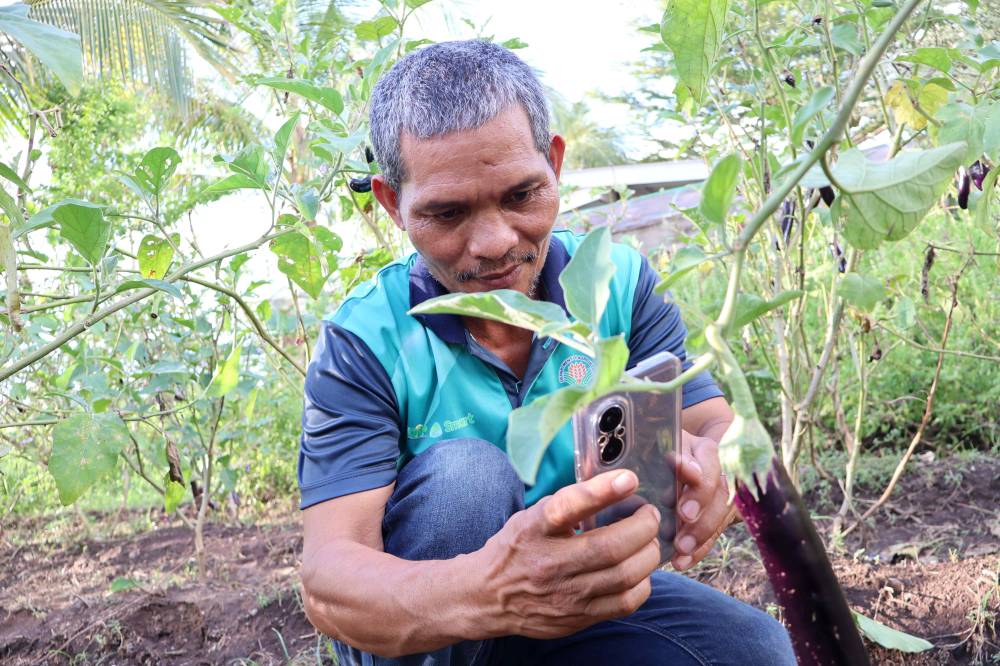
In 2011, former corporate employee Wilmar Ompoc of Bukidnon decided to make farming his source of livelihood, developing a piece of land from his in-laws.
Without prior exposure to agriculture, Ompoc initially faced numerous challenges. However, through training sessions, he is now the producer of various commodities including corn, vegetables, rice, coconut and livestock.
One such training session was the Digital Farmers Program (DFP) offered by PLDT, Smart Communications, Inc. and the Department of Agriculture—Agricultural Training Institute Region 10 (DA-ATI 10), where Ompoc discovered how technology could simplify farming tasks and improve yield.
Launched in 2019 with DA-ATI, DFP is part of efforts to promote inclusive technologies that enhance livelihood opportunities for farmers nationwide.
DFP has also been beneficial to the Sto. Niño Organic Rice Farmers Association (Snorfa) based in in Malaybalay City, Bukidnon, at which Ompoc serves as president and technology trainer. Under the DFP, Snorfa also recently received a FarmTech training kit from DA-ATI 10, PLDT and Smart.
A key component of the DFP, FarmTech empowers farmer associations to educate more farmers on digital applications for agriculture. It is an all-in-one training kit designed to enhance digital literacy among farmer groups and cooperatives in remote areas. The kit includes a tablet, 10 smartphones, a SmartBro pocket WiFi with Smart Prepaid load cards, an outdoor projector and screen, a rechargeable portable sound system, a flash drive with multimedia resources and apps, and DA-ATI-developed learning materials.
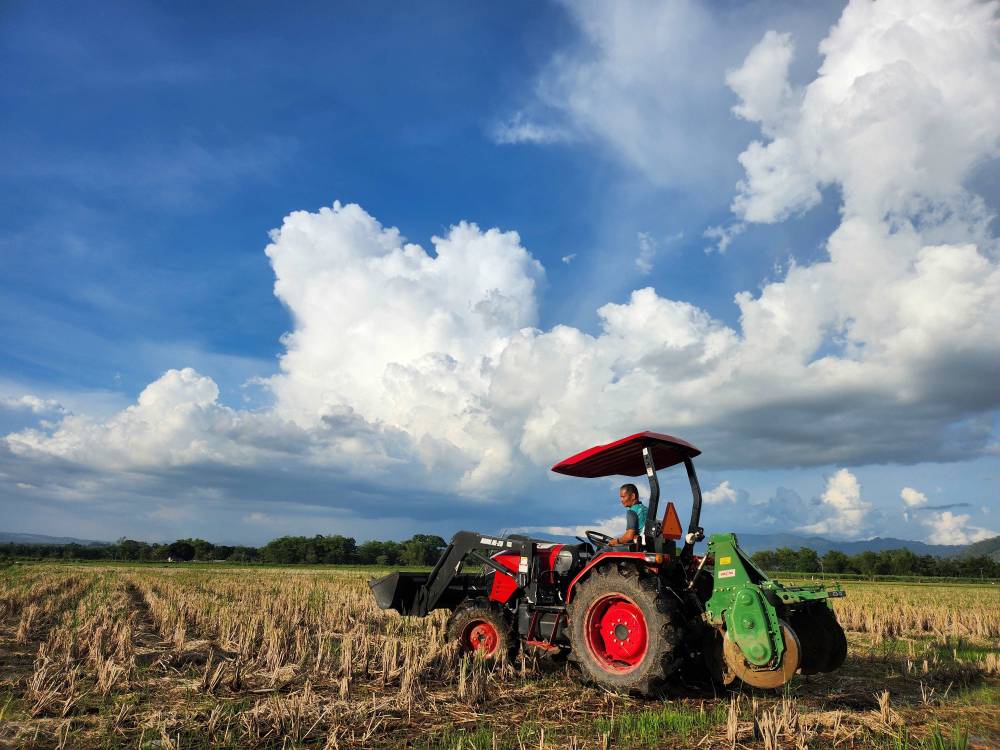
Aside from Snorfa in Bukidnon, FarmTech packages have also been turned over to groups in Buluan, Maguindanao del Sur and Digos, Davao del Sur.
“Transporting training equipment to farming communities used to be challenging. With the FarmTech kit’s portable and rechargeable projector, sound system, and other tools, training our fellow farmers on digital tools will be significantly easier. I am very thankful to DA-ATI for the DFP trainings and to PLDT and Smart for providing us with the FarmTech kit,” says Ompoc.
Based on a government briefer, DFP adopts a ladderized approach in helping farmers make better farming decisions, access more market opportunities, and increase their livelihood and income. The program offers beginner (DFP 101), intermediate (DFP 102) and advanced (DFP 103) modules.
DFP 101 aims to encourage farmers to utilize smartphones, the internet, basic agriculture applications and social media marketing in boosting their farming productivity. It familiarizes farmers with the digital tools and technologies to help them in their daily lives and farming practices.
DFP 102 is focused on advanced social media applications and smartphone operation, introduction of agri-related applications, e-commerce apps, mobile money platforms and easy-to-use online editing tools to help farmers create engaging social media content for their online business pages.
DFP 103 engages participants in advanced agripreneurship and financial literacy through smart farming.
These efforts are seen to highlight the PLDT group’s support for the overall digitalization thrust of the government. This also seen in line with the United Nations Sustainable Development Goals, particularly Goal No. 1 (No Poverty) and Goal No. 8 (Decent Work and Economic Growth).





